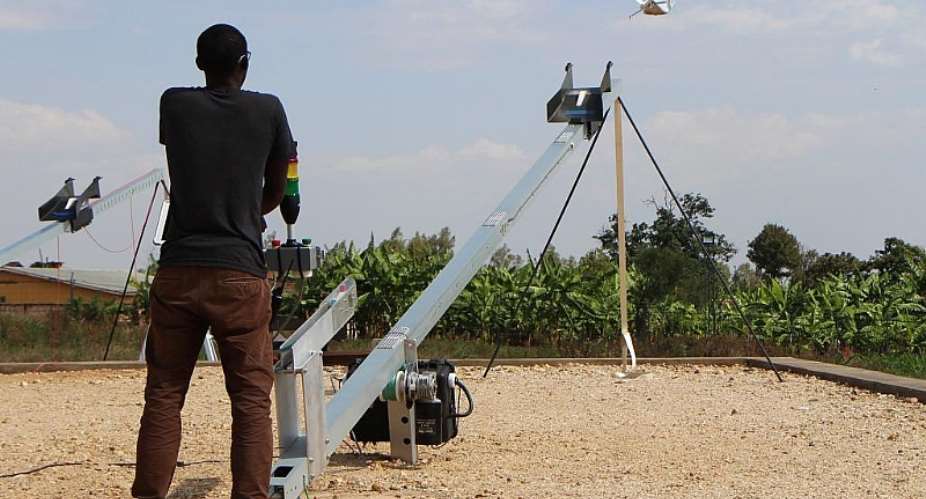The challenges and opportunities for developing the use of artificial intelligence in Africa are being discussed by experts at the inaugural Forum on Artificial Intelligence in Africa, hosted by UNESCO.
The two day conference, which began on Wednesday, at the Mohamed IV University Polytechnic in Benguérir features keynote speakers who will attempt to convince participants of the pros and cons of developing artificial intelligence.
The technology combines elements of computer science, psychology, cognative science, mathematics and philosophy.
From automated driving to healthcare, artificial intelligence has become more prominent in our daily lives, but it's not a new concept.
Just like mobile technology helped African countries to bypass infrastructual woes in the banking and communication sectors, advocates of AI are hoping this latest wave of technological development will help develop education, health care and even protect the continent's wildlife.
"Governments need to integrate this new technology into their public policies," Firmin Edouard Matoko, head of UNESCO's Priority Africa programme told RFI's Rosie Collyer in this interview:
AI involves developing computer programmes or algorithms to complete tasks which would otherwise require human intelligence.
And there have been varying forms of machine learning for decades.
Drones are already being used to deliver health care products in Rwanda and to track poachers in Niger. Both are private initiatives.
Digital divides
The majority of the Forum participants are from governments and regional bodies.
UNESCO aims to bring governments up to speed on the potential benefits and dangers of AI.
One of the biggest obstacles to developing AI in the education sector is that teachers are increasingly less technological literate than their students, even at a tertiary level.
"Students across the continent are managing to obtain degrees online (from overseas) that are not recognised by their governments," Matoko explains.
Experts are also concerned by the digital divide between the northern and southern hemisphere.
AI is already being used widely by both governments and the private sector in developed countries, while African countries find themselves playing catch up, for now.





 We’ll no longer tolerate your empty, unwarranted attacks – TUC blasts Prof Adei
We’ll no longer tolerate your empty, unwarranted attacks – TUC blasts Prof Adei
 Bawumia donates GHc200,000 to support Madina fire victims
Bawumia donates GHc200,000 to support Madina fire victims
 IMF to disburse US$360million third tranche to Ghana without creditors MoU
IMF to disburse US$360million third tranche to Ghana without creditors MoU
 Truck owner share insights into train collision incident
Truck owner share insights into train collision incident
 Paramount chief of Bassare Traditional Area passes on
Paramount chief of Bassare Traditional Area passes on
 Two teachers in court over alleged illegal possession of BECE papers
Two teachers in court over alleged illegal possession of BECE papers
 Sunyani: Victim allegedly shot by traditional warriors appeals for justice
Sunyani: Victim allegedly shot by traditional warriors appeals for justice
 Mahama vows to scrap teacher licensure exams, review Free SHS policy
Mahama vows to scrap teacher licensure exams, review Free SHS policy
 Government will replace burnt Madina shops with a new three-story, 120-store fac...
Government will replace burnt Madina shops with a new three-story, 120-store fac...
